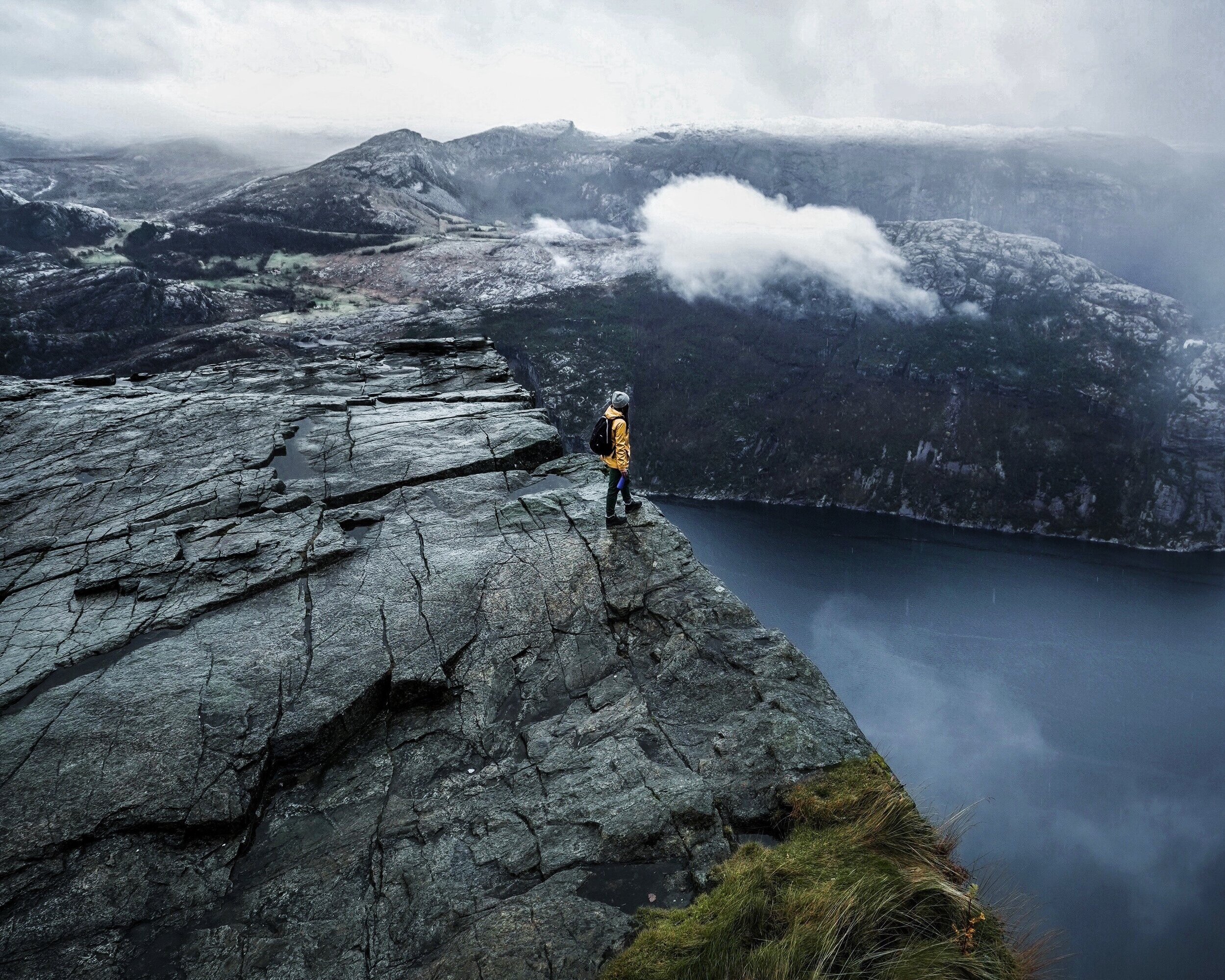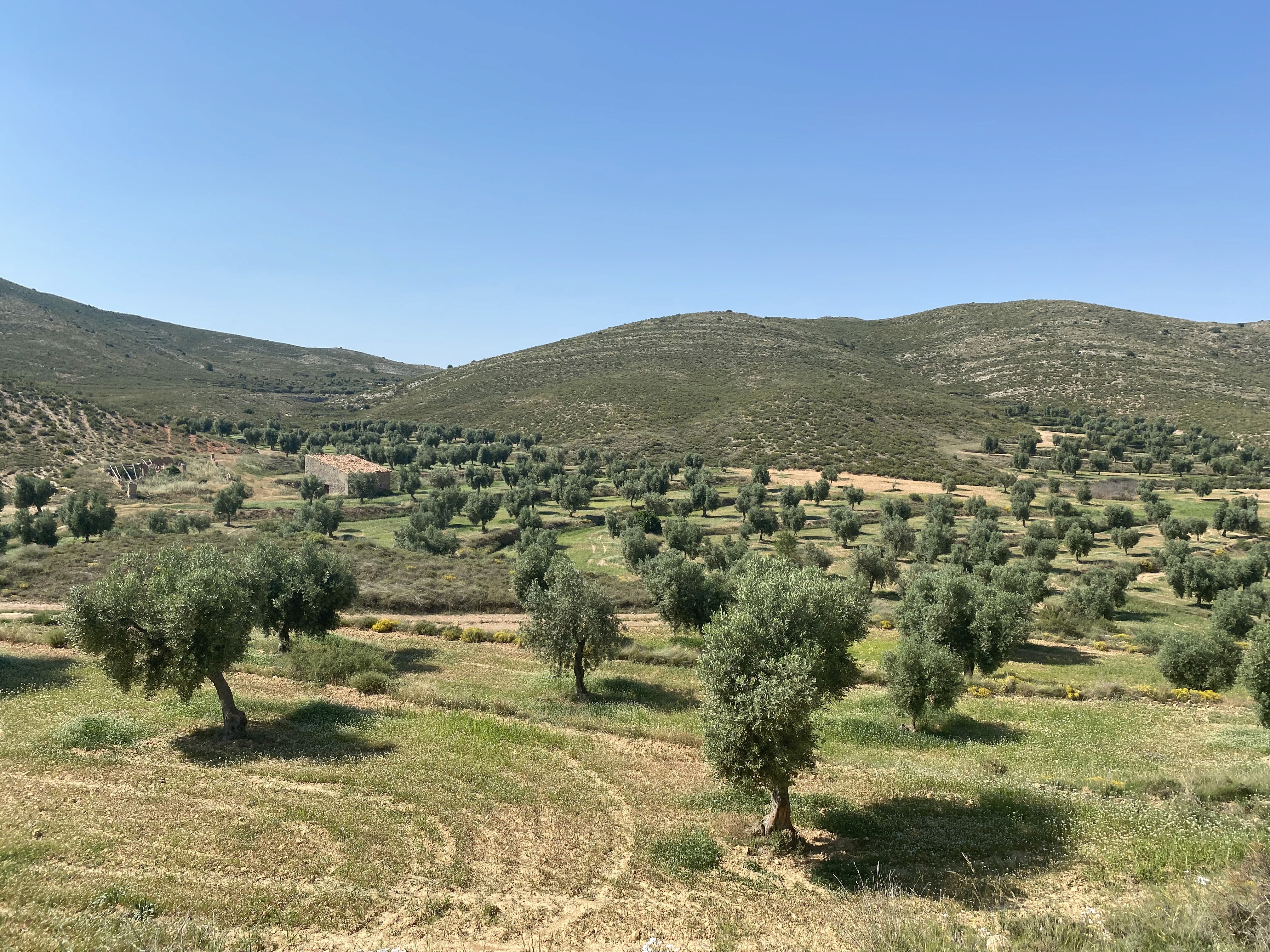Regenerative tourism
Regenerative tourism
The 9 trends of post-COVID tourism
The 9 trends of post-COVID tourism
15 de diciembre de 2020


By Pako Rodríguez, consultant specialized in tourism. (Original publication in Spanish).
If there is one thing the pandemic has made clear, it is that the future of tourism and the tourism of the future depends on change. Changes that are coming and will be imposed by the new reality that is emerging and the sediment that will be left when this nightmare is over. One of the sectors that has evolved the most since its inception, and that has been hit hardest by this crisis, cannot remain static while watching the storm pass. It is time to anticipate. It is time to think about the next screen, which is getting closer and closer.
Considering that there are mature destinations that speak of the loss of 12 companies a day from the tourism supply, new ideas will arise to serve that demand that is eager to resume travel, adapting to new tastes and trends. Let's look at some of those that should define the new era of tourism:
Excellence in health and hygiene: Excellence in service and, even more so, in countries that stand out for this factor like Spain, will be very reflected, at least in the first years post-Covid, in health and hygiene matters. The measures taken -and well communicated- will reflect the concern of providers of various tourism services for their clients and their employees.
Communication as an ally for success: Marketing strategies and the development of new products and services tailored to new tastes and needs will continue to make the difference between success and failure. Efficient communication -in all its forms- tailored to each niche of demand will also make a difference.
Technology to understand the customer: The use of technology, both for the development of new products and services -especially everything related to contactless- and for efficiently conversing with our customer and continuing to understand who they are, what they seek, what they think, and what their fears are when embarking on a trip is, more than ever, decisive. Other trends such as artificial intelligence for assisted communication at the first levels, virtual reality as a marketing tool for destinations, data management, or alternative payment systems, among others, also stand out. All these advances will play a very important role in the development of new tourist destinations and the reinvention of mature destinations.
The return of travel agencies: In the same way, these advances often bring a back to basics, and travel agencies, at least those that apply the aforementioned, will emerge as beneficiaries thanks to their role as generators -whether real or perceived- of the tranquility of their clients. Insurance, especially cancellation and medical insurance with improved coverage, has also become one of the protagonists in the era of travel with masks and the threat of confinement.
Destinations created for the 12 months of the year: De-seasonalisation has always been a basic factor in some tourist destinations with very marked seasons, mainly those that have based their supply on sun and beach and have not delved into existing tourist resources that are not valued to extend the seasons. The new offer that must arise represents the time to co-create the destination thinking about the 12 months of the year and the entire territory (360º tourism / 365 days).
Teleworking as a way to expand the offer: This is one of those trends that has come to grow exponentially, as evidenced by some destinations that are already seeking their place in the market. Collaboration between the different entities that make up the destination and the different types of accommodation will be essential in attracting a demand that seeks new destinations and which is a fundamental factor in de-seasonalisation.
The commitment to tourism for everyone: Accessibility, increasingly on the rise partly due to the aging population, will continue its rightful growth and will further enhance comfort not only for people with special needs but also for the rest of the population. Let's not forget that accessibility is essential for 7% of the population, good for 40%, and comfortable for 100%.
Regenerative and conscious tourism: Sustainability was already a growing trend before the tragedy occurred. Now it must become a sine qua non for different destinations and operators. It is not about not growing, but doing so intelligently, making use of all resources without compromising them. Giving them value through tourism is one of the keys, and that is one of the fundamental pillars of regenerative tourism. Travelers who choose this type of tourism no longer want to leave the place as they found it. They now want to leave it better after their passage by participating in typical local activities, respecting the destination as if it were their home, leaving money, and contributing to local economic development. Rural tourism and variants such as astrotourism will be decisive in this new era of tourism that awaits us.
Necessary joint work: Synergies and public-private, public-public, and private-private collaborations will be more necessary than ever in reconstructing a sector that belongs to everyone and is for everyone.

And for you, what do you think will be the keys to post-Covid 19 tourism?
At Ideas for Change, we have launched Great Destinations, a line focused on helping territories that want to become tourist destinations and those that want to transform themselves, leaving behind outdated and obsolete frameworks.
If you want to be part of the new reality of tourism.
By Pako Rodríguez, consultant specialized in tourism. (Original publication in Spanish).
If there is one thing the pandemic has made clear, it is that the future of tourism and the tourism of the future depends on change. Changes that are coming and will be imposed by the new reality that is emerging and the sediment that will be left when this nightmare is over. One of the sectors that has evolved the most since its inception, and that has been hit hardest by this crisis, cannot remain static while watching the storm pass. It is time to anticipate. It is time to think about the next screen, which is getting closer and closer.
Considering that there are mature destinations that speak of the loss of 12 companies a day from the tourism supply, new ideas will arise to serve that demand that is eager to resume travel, adapting to new tastes and trends. Let's look at some of those that should define the new era of tourism:
Excellence in health and hygiene: Excellence in service and, even more so, in countries that stand out for this factor like Spain, will be very reflected, at least in the first years post-Covid, in health and hygiene matters. The measures taken -and well communicated- will reflect the concern of providers of various tourism services for their clients and their employees.
Communication as an ally for success: Marketing strategies and the development of new products and services tailored to new tastes and needs will continue to make the difference between success and failure. Efficient communication -in all its forms- tailored to each niche of demand will also make a difference.
Technology to understand the customer: The use of technology, both for the development of new products and services -especially everything related to contactless- and for efficiently conversing with our customer and continuing to understand who they are, what they seek, what they think, and what their fears are when embarking on a trip is, more than ever, decisive. Other trends such as artificial intelligence for assisted communication at the first levels, virtual reality as a marketing tool for destinations, data management, or alternative payment systems, among others, also stand out. All these advances will play a very important role in the development of new tourist destinations and the reinvention of mature destinations.
The return of travel agencies: In the same way, these advances often bring a back to basics, and travel agencies, at least those that apply the aforementioned, will emerge as beneficiaries thanks to their role as generators -whether real or perceived- of the tranquility of their clients. Insurance, especially cancellation and medical insurance with improved coverage, has also become one of the protagonists in the era of travel with masks and the threat of confinement.
Destinations created for the 12 months of the year: De-seasonalisation has always been a basic factor in some tourist destinations with very marked seasons, mainly those that have based their supply on sun and beach and have not delved into existing tourist resources that are not valued to extend the seasons. The new offer that must arise represents the time to co-create the destination thinking about the 12 months of the year and the entire territory (360º tourism / 365 days).
Teleworking as a way to expand the offer: This is one of those trends that has come to grow exponentially, as evidenced by some destinations that are already seeking their place in the market. Collaboration between the different entities that make up the destination and the different types of accommodation will be essential in attracting a demand that seeks new destinations and which is a fundamental factor in de-seasonalisation.
The commitment to tourism for everyone: Accessibility, increasingly on the rise partly due to the aging population, will continue its rightful growth and will further enhance comfort not only for people with special needs but also for the rest of the population. Let's not forget that accessibility is essential for 7% of the population, good for 40%, and comfortable for 100%.
Regenerative and conscious tourism: Sustainability was already a growing trend before the tragedy occurred. Now it must become a sine qua non for different destinations and operators. It is not about not growing, but doing so intelligently, making use of all resources without compromising them. Giving them value through tourism is one of the keys, and that is one of the fundamental pillars of regenerative tourism. Travelers who choose this type of tourism no longer want to leave the place as they found it. They now want to leave it better after their passage by participating in typical local activities, respecting the destination as if it were their home, leaving money, and contributing to local economic development. Rural tourism and variants such as astrotourism will be decisive in this new era of tourism that awaits us.
Necessary joint work: Synergies and public-private, public-public, and private-private collaborations will be more necessary than ever in reconstructing a sector that belongs to everyone and is for everyone.

And for you, what do you think will be the keys to post-Covid 19 tourism?
At Ideas for Change, we have launched Great Destinations, a line focused on helping territories that want to become tourist destinations and those that want to transform themselves, leaving behind outdated and obsolete frameworks.
If you want to be part of the new reality of tourism.


